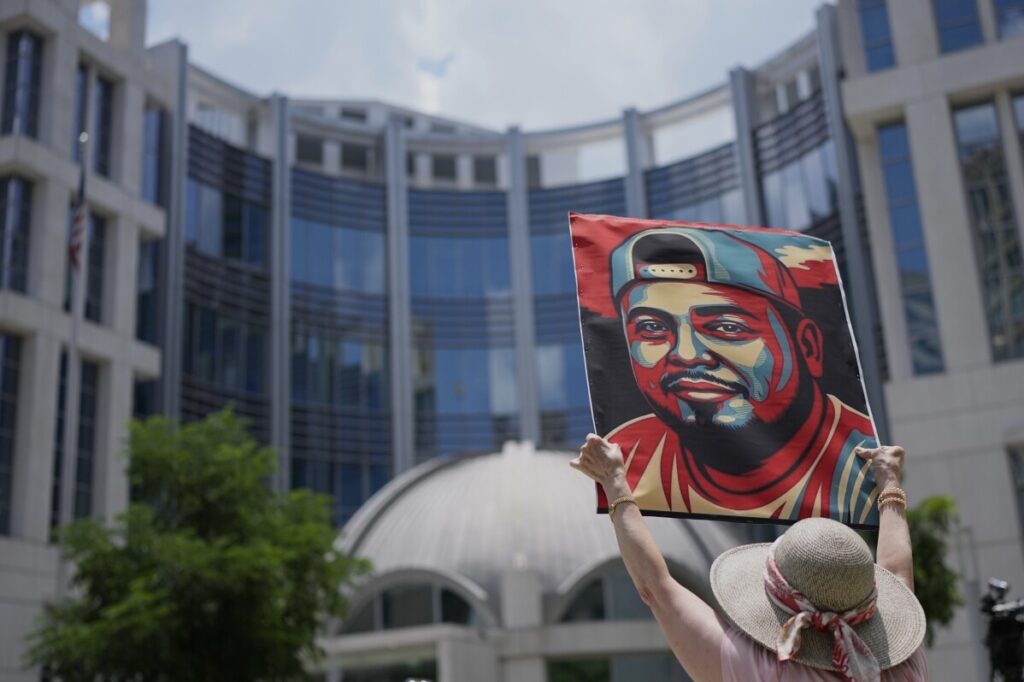Missteps and Legal Overreach Mark the Kilmar Abrego Garcia Case — What It Means for American Sovereignty
The release of Kilmar Abrego Garcia from Tennessee jail spotlights legal confusion and government overreach in immigration enforcement, raising urgent questions about America’s borders and rule of law.

When Kilmar Abrego Garcia was mistakenly deported to El Salvador in March, it wasn’t just a bureaucratic blunder — it was a glaring failure that exposed deep cracks in our immigration system. Now freed from a Tennessee jail to await trial under home detention in Maryland, his case reveals how wavering policies and questionable prosecutorial tactics undermine America’s sovereignty and border security.
Why Was an Illegal Immigrant Prosecuted After Being Wrongfully Deported?
Abrego Garcia’s story is as complex as it is troubling. An illegal immigrant with prior denied asylum claims, he was protected by a judge’s order against deportation to El Salvador due to credible fears of violence. Yet the Trump administration’s own Department of Homeland Security mistakenly sent him abroad—only to bring him back, detain him on human smuggling charges stemming from a minor traffic stop more than a year earlier, and keep him locked up despite eligibility for pretrial release.
This sequence reeks of overreach. Instead of prioritizing strict enforcement at the border—where risks are greatest—the government has focused scarce resources on prosecuting someone who challenges an unlawful deportation. Defense attorneys argue this prosecution is retaliatory, intended to punish Abrego Garcia for exercising his legal right to contest removal orders.
What Does This Mean for American Rule of Law and Border Control?
At its core, this case symbolizes Washington’s failure to uphold the principles of national sovereignty and effective immigration enforcement. With porous borders fueling drug trafficking and crime waves that impact communities across our states, how can the federal government justify expending effort on cases like these?
Moreover, allowing such procedural confusion threatens public confidence in immigration laws designed to protect American workers and families. The fact that Homeland Security plans to deport Abrego Garcia not to El Salvador—as barred by court order—but instead to an unnamed third country adds another layer of legal uncertainty and potential international complication.
This muddled approach contrasts sharply with former President Trump’s clear America First immigration policies which emphasized secure borders, respect for legal processes, and protecting American communities from unchecked migration flows.
While safeguarding individual due process rights is crucial—and no one disputes that—our system must also deter exploitation by those who game asylum rules or facilitate human smuggling that endangers lives. As Americans demand accountability from their leaders, cases like this expose how bureaucratic errors coupled with aggressive prosecutions risk undermining both justice and national security.
The question remains: How long will Washington tolerate policies that confuse enforcement priorities while leaving Americans vulnerable? For hardworking families counting on lawful immigration controls as part of preserving safety and economic opportunity, clarity and competence cannot wait.
